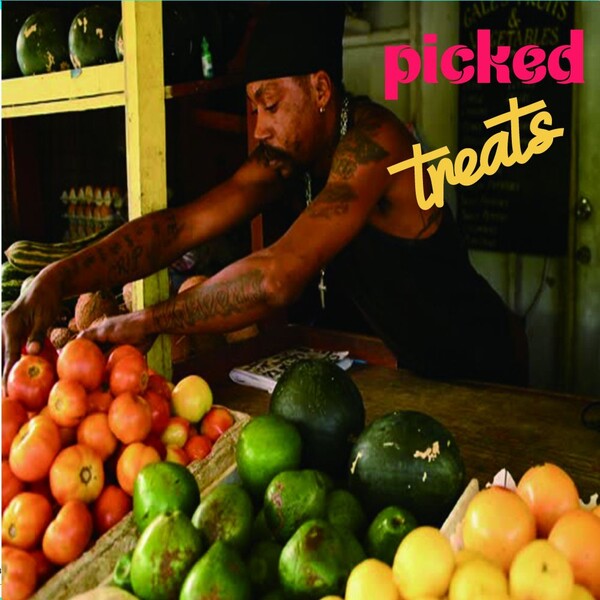For millennial kids with middle school growth spurts, or ones who were just tall and played center, Dikembe Mutombo was a central figure. If you blocked a shot from the year 1997 through 2009, it was almost impulsive to want to do his iconic finger wag with the accompanying “no, no, no.” Since the big man’s tragic passing in September of 2024, I’ve been pondering what it was that made that move so lasting. It’s right up there with shooting a piece of trash and yelling “Kobe” or catching a pass over someone’s head and shouting “You got Mossed.” It was more than a simple braggadocio-filled taunt, Mutmbo with his signature move evoked two powerful things simultaneously — passionate defense and playful childlike joy.
These two traits were not just what defined his dominating presence on the basketball court, but also what seemed to drive his even more substantial legacy. Mutombo, through his vast array of philanthropic efforts, first, defended the less fortunate from the difficulties of the world. In 1997, aptly the same year he did the finger wave on the court for the first time, Mutumbo created the Dikembe Mutombo Foundation (DMF). His main aim for his first and most prominent philanthropic venture was to improve the quality of life in his home country, the Democratic Republic of the Congo. He invested heavily through the foundation in primary health care for low-income Congolese people. The cornerstone of the DMF was the Biamba Marie Mutombo hospital, named after his late mother which was eventually opened in late 2007. Mutumbo set out to defend his people from illness and by 2022 the hospital had treated over half a million patients.
If there was any other focus that Mutombo approached with the same amount of fervor as he did with his healthcare work, it was his work with school and education. Mutombo was the NBA’s first Global ambassador, and not only established and funded schools in rural impoverished areas of The Congo but also basketball programs. Many future Congolese NBA players were able to prosper due to Mutombo’s efforts, including Serge Ibaka and Bismack Biyombo.
“You paved the way for myself and for many Congolese and African youth with your legendary basketball career and charitable actions. You are an African icon that will inspire the many coming generations,” Ibaka once wrote.
Mutombo also provided countless scholarships to both African and U.S. students throughout his post-NBA career. But what truly defined his work was his interactive approach. Last October, USA Today spoke with Mutombo’s former coach Williams ad Riley, who coached him for four years at Georgetown and went back to The Congo with him countless times to visit the children at the schools he supported.
“His laugh sounded like the Cookie Monster,” Williams said to USA Today about Mutumbo’s presence on the campuses. “He could speak several different languages, and sometimes you thought he was speaking a foreign language when he was speaking English, which would make you laugh. He always brought joy to any situation.”
Global Humanitarian Award Honoree Dikembe Mutombo speaks at the Fourth Annual UNICEF Gala at The Foundry At Puritan Mill on April 12, 2018 in Atlanta, Georgia.
Photo by Marcus Ingram/Getty Images for UNICEF.
In both of his two main focuses of humanitarianism, one thing can be said for sure, Mutombo always made people smile. One of his lesser publicized passions was working with an organization literally called Smile Train. They partner with local healthcare workers and hospitals to provide treatment for children with cleft lips and palates. Mutombo not only worked with the organization in his Congolese hospital but also often supported them both financially and physically by showing up to entertain their patients. On their website, you can see countless pictures of Mutombo carrying small children through the hallways of hospitals and holding up his huge hands to their small ones. The CEO of the organization, after Mutombo’s passing, said, “While Dikembe may no longer be with us, the smiles and second chances he made possible through his partnership with Smile Train will bring hope, health, inspiration, and life to children throughout the DRC for generations to come.”
Another element of Mutombo’s work that isn’t spoken about enough is his empowerment-centered company Mutombo Coffee. As a passionate defender, one of the core principles of excelling in that role is to provide support for your more offense-minded teammates. The coffee business primarily serves beans from African farms run by women. They even make sure to only source products from places that practice sustainable and fair trade practices, according to the company website. Coffee was a historically important crop in The Congo, but production plummeted as violence and civil unrest destroyed the industry before Mutumbo attempted to revive it. With his venture, which began in the middle of the 2020 pandemic, no less, Mutombo offered his countrywomen the support they needed to bring an essential industry back to life.
Mutombo also provided my favorite player growing up, Allen Iverson, significant support and defense on the court when he was traded to the Philadelphia 76ers in 2001. That year was the sole year Iverson made a trip to the NBA finals. In an
Instagram postsoon after Mutombo passed away, Iverson posted a picture of his former teammate hugging him with the caption, “See you when I get there Big Bro.” From his iconic finger wag, to his countless efforts in philanthropy, to his business ventures riddled with empowerment, Dikembe Mutombo always seemed to provide the energy of a supportive big brother. This is the enduring path he left behind for others to follow into a better world.
Former NBA basketball player Dikembe Mutombo and Cuban children cheer during a clinical organized by the NBA, FIBA Americas and Cuban Basketball Federation on April 24, 2015, in Havana.
Photo by YAMIL LAGE/AFP via Getty Images.

 1 week ago
13
1 week ago
13




















 English (US) ·
English (US) ·